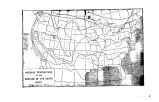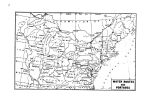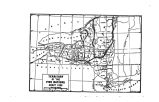| Title |
Basis of American history, 1500-1900, by Livingston Farrand |
| Subject |
Agriculture; Travel; Religion; Tribal government; Dwellings; Land use; Indians of North America; Indigenous peoples--North America |
| Keywords |
Native Americans |
| Publisher |
Digitized by J. Willard Marriott Library, University of Utah |
| File Name |
BasisofAmericanHistory1500-1900.pdf |
| Tribe |
Paiute; Navajo; Ute |
| Language |
eng |
| Description |
xviii, 322 p. incl. front. (port.) maps. 4 maps (3 double) 22 cm |
| Type |
Image/StillImage |
| Format |
application/pdf |
| Rights |
Digital Image Copyright University of Utah |
| ARK |
ark:/87278/s6p58hxs |
| Creator |
Farrand, Livingston, 1867-1939 |
| Spatial Coverage |
New Mexico; Utah; Arizona; Colorado; Idaho |
| Setname |
uaida_main |
| ID |
358077 |
| Reference URL |
https://collections.lib.utah.edu/ark:/87278/s6p58hxs |





































































































































































































































































































































